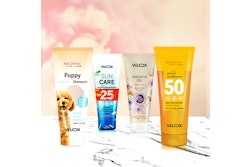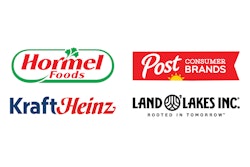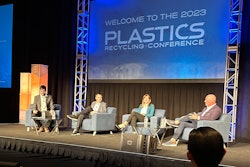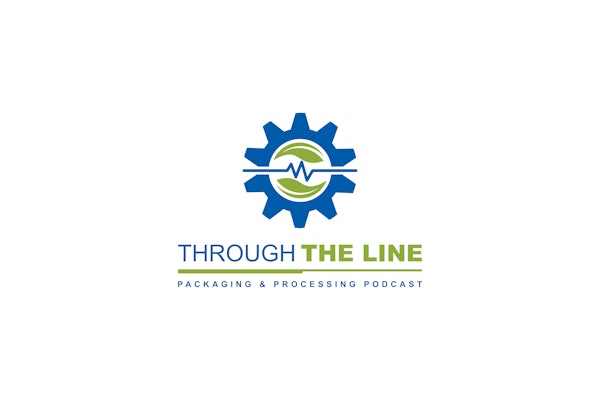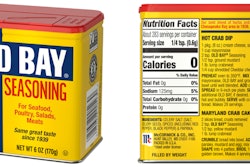After the successful debut last year of a flexible film retort pouch made from advanced-recycled materials for its Sheba wet cat food, Mars has expanded the use of this emerging technology to its KIND snack bar line in the U.K and Ireland. A complement to mechanical recycling, advanced recycling is a process that breaks down hard-to-recycle, mixed-waste plastic into its chemical components, which can then be used to produce virgin-quality, food-grade plastic resins for a range of packaging applications.
Mars’ transition from a petroleum-based polypropylene film wrap to one made of advanced-recycled, recyclable materials for its KIND snack bar is the culmination of a collaboration between Mars, Landbell Group, and SABIC, among other supply chain partners. It also represents another step toward Mars’ sustainable packaging goals, which include a reduction in its use of new virgin plastic by 25% and the incorporation of 30% recycled content into its plastic packaging by 2025, as well as the redesign of more than 12,000 packaging components across its diverse portfolio to fit within the recycling infrastructure that exists today or is likely to exist in the future.
“At Mars, we want to contribute to a circular economy where packaging material never becomes waste, but is recycled, reused, or composted,” says Barry Parkin, chief procurement and sustainability officer at Mars, Inc. “For this to happen, we need new solutions and infrastructure to change the recycling landscape and to complement mechanical recycling.”
The first step in the advanced recycling supply chain is the collection and sorting of post-consumer mixed-waste plastic, including materials such as multilayer film, that would typically be downcycled or incinerated. This part of the Mars project is being coordinated by Landbell, a provider of environmental and chemical compliance services in Germany, Austria, and Switzerland. Landbell works with recycler Hündgen Entersorgung to sort the mixed-waste plastics and deliver them to the provider of the next step in the process, advanced recycling, which is done by Plastic Energy. At Plastic Energy’s plant, the materials undergo the company’s patented thermal anaerobic conversion (TAC) technology, which involves the thermal degradation of plastic waste at different temperatures in the absence of oxygen to produce liquid oil, or pyrolysis oil. Plastic Energy’s branded “pyoil” is known as Tacoil.
SABIC, a Saudi Arabia-based petrochemical company that has led many pioneering packaging applications using advanced-recycled materials, is next in line. At its manufacturing facility in Geleen, The Netherlands, SABIC uses the Tacoil as feedstock to produce virgin-quality, food contact-approved PP via its TRUCIRCLE initiative. The PP is then pelletized and supplied to Tagleef Industries, which uses the resin to create a biaxially oriented PP film. The BOPP is then converted by flexible plastic packaging supplier SIT Group into printed, roll-fed packaging film that is used by Mars to flow wrap its KIND bars. What ultimately makes the solution a closed-loop one is that, after use, Mars’ KIND bar wraps can be collected for recycling—at curbside in Ireland and through store drop-off in the U.K.—launching the circular process all over again.
SABIC’s PP is certified circular and is verified and authenticated in a mass balancing approach under the International Sustainability and Carbon Certification (ISCC) PLUS scheme. According to SABIC, its TRUCIRCLE products offer a carbon footprint reduction in the range of 2 kg of CO2 per each kilogram of polymer produced, based on the diversion of post-consumer, used plastic from incineration.
News of the new packaging was announced by the parties in fall 2022. Said Peter Morris, general manager at KIND Snacks UK, “At KIND, we are committed to making our packaging as sustainable as it can be. This announcement marks the latest milestone towards achieving this vision, and we look forward to driving positive and long-lasting changes to our packaging in the future.”





